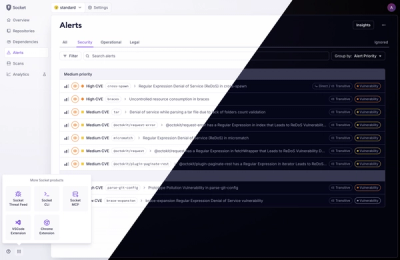Django Meta OG
HTML Meta tags OpenGraph for Django.
The project uses the project DjangoCMS Meta OG project.
Install
pip install django-meta-og
Add into settings.py:
from django.utils.translation import gettext_lazy as _
INSTALLED_APPS = [
"django_meta_og",
...
]
TEMPLATES = [
{"OPTIONS": {
"context_processors": [
"django_meta_og.context_processors.meta",
...
]
}
}
]
Add into the templates:
{% load django_meta_og %}
{% django_meta_og_prefix as og_prefix %}
<head{% if og_prefix %} prefix="{{ og_prefix }}"{% endif %}>
{% include "django_meta_og/header_meta.html" %}
The result can be:
<head prefix="og: https://ogp.me/ns#">
<meta property="og:type" content="website" />
<meta property="og:title" content="The Title" />
<meta property="og:url" content="https%3A%2F%2Fexample.com%2F" />
...
</head>
Prefix for Meta tags in template
Some Meta tags may already be defined in the template. Their prefix is included in the prefix list via the definition in settings:
META_OG_PREFIX_IN_TEMLATES = (
("og", "https://ogp.me/ns#"),
("article", "https://ogp.me/ns/article#"),
)
Dynamic content
Special values can be replaced with some content.
A list of these values is provided in the form in the item administration.
PAGE_META_OG_DYNAMIC_CONTENT = {
"ogc:page_url": (
"django_meta_og.dynamic_content.get_page_url",
_("Set the page absolute URL (together with parameters)."),
),
}
Admininstration
You can enter any Meta values. These are entered in three levels - Namespace, Property and Content.
Namespace


Property


Content


License
BSD License









